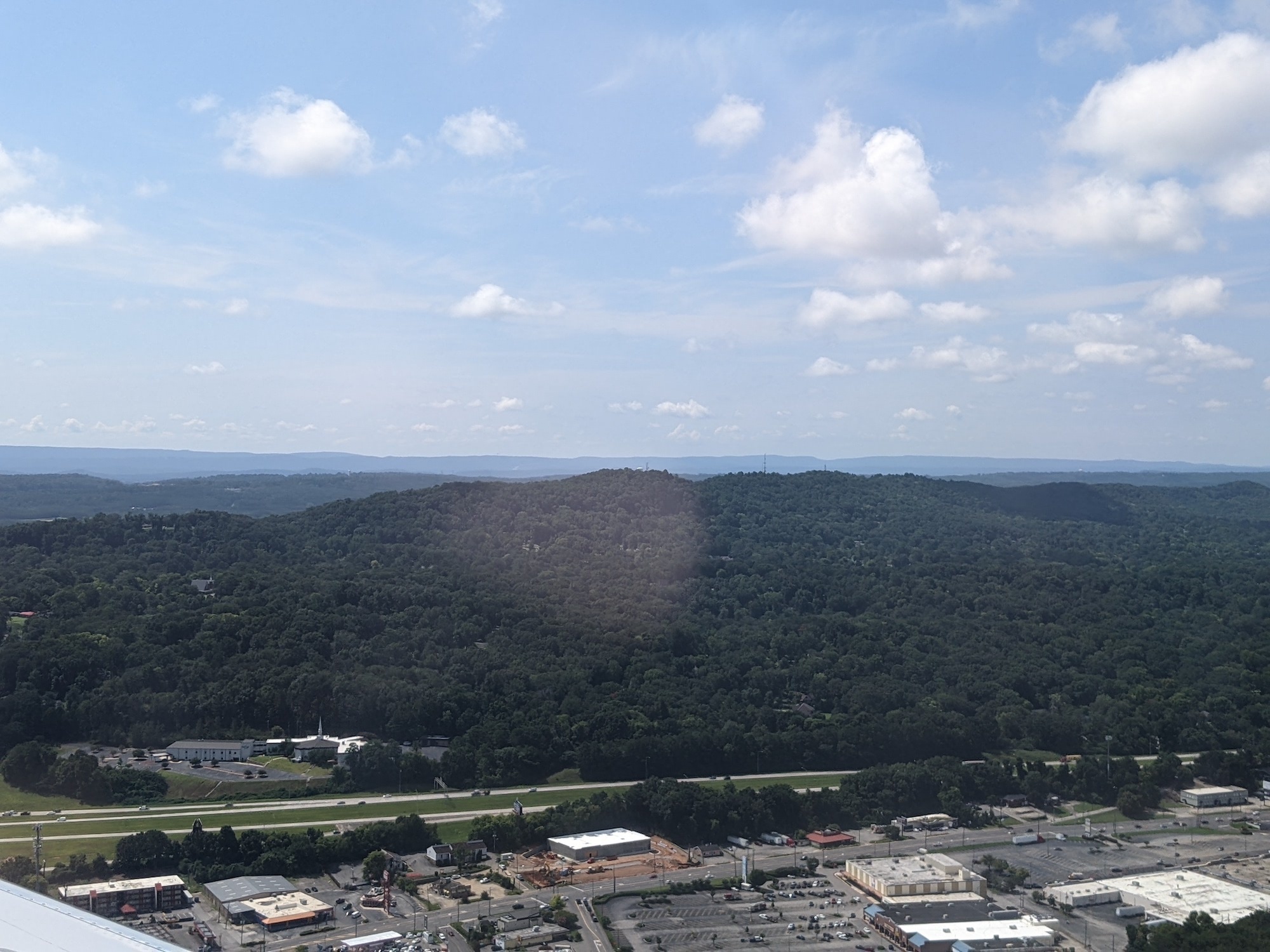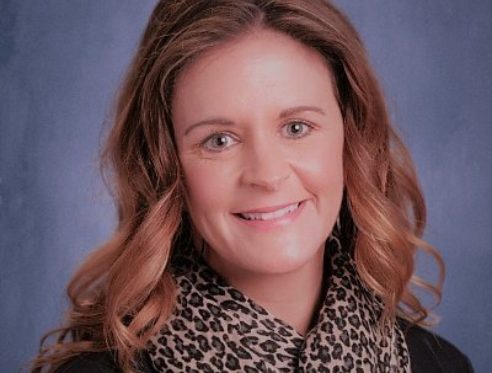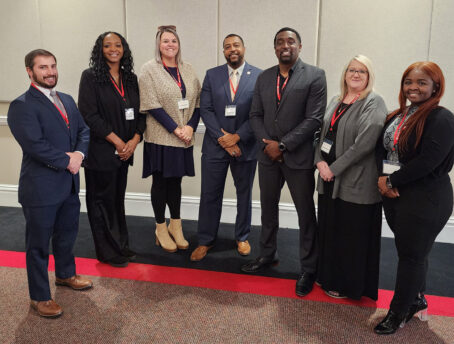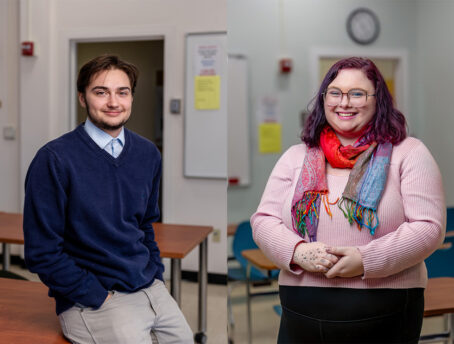Rural communities are often filled with people impassioned to make a difference in their towns. We had the chance to meet one such person, Jennifer Shealy, a second-career educator in Greenville, Alabama. After living in Greenville for over 20 years, she knew that the school was the heart of the community, and relationships between teachers, parents, and students were key to making sure that everyone can succeed.
Hoping to make a difference in the lives of her students and their families, Jennifer went back to school to launch into her new life as a rural teacher. She was inspired by the teachers in her community before she ever considered becoming a teacher herself.
“I worked with a television station for 21 years and I loved it, but as I started to get connected with more families in my rural area, I just realized how important school is in a small community. It really is the center of the community and what really connects people. When my children got into school, I really could see the work that the teachers were doing, not just as teachers, but as community members who are bringing people together.”
Jennifer’s journey to teaching really began with volunteering during the COVID-19 shutdown.
“When COVID hit, the first, heaviest burden on my heart was for the children in this community who had previously gotten two meals a day from school and love from their teacher. I worked with the school system and helped with food distribution. By stepping into that role and really partnering with the school, just seeing the way teachers and administrators came together to serve and make sure their students were okay, I really started feeling like my purpose and my place would be to teach.”
She explains that her love of math was also a driving force behind her desire to get into teaching:
“I have four children of my own, so I've always helped with homework and I had always helped my kids with math. Math seems to be the universal struggle for kids. I always loved math and it's always clicked and made sense for me, and I knew that our high school was short a math teacher, so I reached out to my school system to see what it took to get an emergency certificate and applied for the job.”

Those experiences of reaching out to work together with her children as well as others’ fostered the way Jennifer would later collaborate with students in the classroom. She shared one of her favorite memories from school was connecting with a student over her broken clock.
“My clock wasn't working, and this student who's dyslexic asked me if he can take my clock home and fix it. I think he was so honored from the beginning of the year that I let him have that responsibility and that he got to show me that he could do that, and I just had the best year with that kid. At the beginning of the year, you're a little overwhelmed of how to be impactful for that student and reach them, and it was something as simple as having confidence in him to let him take on that project and it bonded us.”
She loves seeing how students can apply what they learn in real-world situations, including a unique venture at her school - a student-run coffee shop:
“Our special education department opened a coffee shop and the students in the special education department work in the coffee shop. It's open during break for students, and they deliver to teachers throughout the day. I love that we are giving this taste of real-world math and work in the service industry, and we have them deal with the money. I love our coffee shop.”
The coffee shop was also a great way to connect school with the community. Jennifer shares that one of her favorite events held at the school involves inviting members of the community to enjoy the coffee shop and the arts:
“We had this night back in April where the jazz band played, the coffee shop was open, there was an art show, there were theater students who did monologues, and the entire community was invited to attend. To me, that's the beauty of a rural school. We're educating our children not just in math - of course, I love math - but we're giving them the arts, and for so many of them it's the first exposure they've ever had because they don't grow up going to a museum or go into the symphony. They get exposed to it at school.”
That sort of tangible impact teachers and students can have by inviting the larger community to come together at the school inspired Jennifer to stay and continue to contribute to her town through the education profession. She reflects on the importance of staying in your community once you become a teacher, as well as how building relationships with students and their families is a necessary part of the job:
“I plan to be here for a while, and I think that's important. When you can get people who are committed, and who are going to be around, that's best for the school culture and best for the kids. In a smaller area, there's generally a greater spirit of community around the school and where parents can really get to know the teachers. The teachers truly care about the students because we know we're gonna go through the drive-through at our favorite fast food restaurant - at least me, being in the high school - and it's probably going to be one of my kids that's serving me.”
Jennifer strongly believes that her foray into education allowed her to connect more deeply with members of the community, and views that relationship-building element as her rural advantage:
“I've only been in education two years, but in those two short years I've made so many more connections probably than I did in the 20 years prior. In rural communities, the emphasis on relationships is more important and the students often need to feel that connection with you and feel that you care before they're ready to really fully listen to you and trust you as their teacher. So I think relationships are one of the biggest advantages of being in a rural area.”
Reflecting on her journey to teaching and how it led her making so many new connections, Jennifer encouraged people who are interested in bettering their rural community to give education a try:
“The program I'm in at the University of West Alabama takes someone with a bachelor's degree in anything, and after the program you have your Masters. I know there are programs like that all over the country. For that non-traditional person who doesn't necessarily feel fulfilled, and they want to make an impact in their community, I believe, truly, that public school in rural areas is the heart of the community, and that teachers are at that heart.”
We are grateful to Jennifer for sharing her story with us about her experience as a teacher in rural Alabama, and a special thanks to the University of West Alabama. If you would like to share 30 minutes of your time for an interview, please reach out to us at info@ruralschoolscollaborative.org. The I Am A Rural Teacher campaign is a collaborative effort with the National Rural Education Association and made possible through a grant from the Bill & Melinda Gates Foundation.




